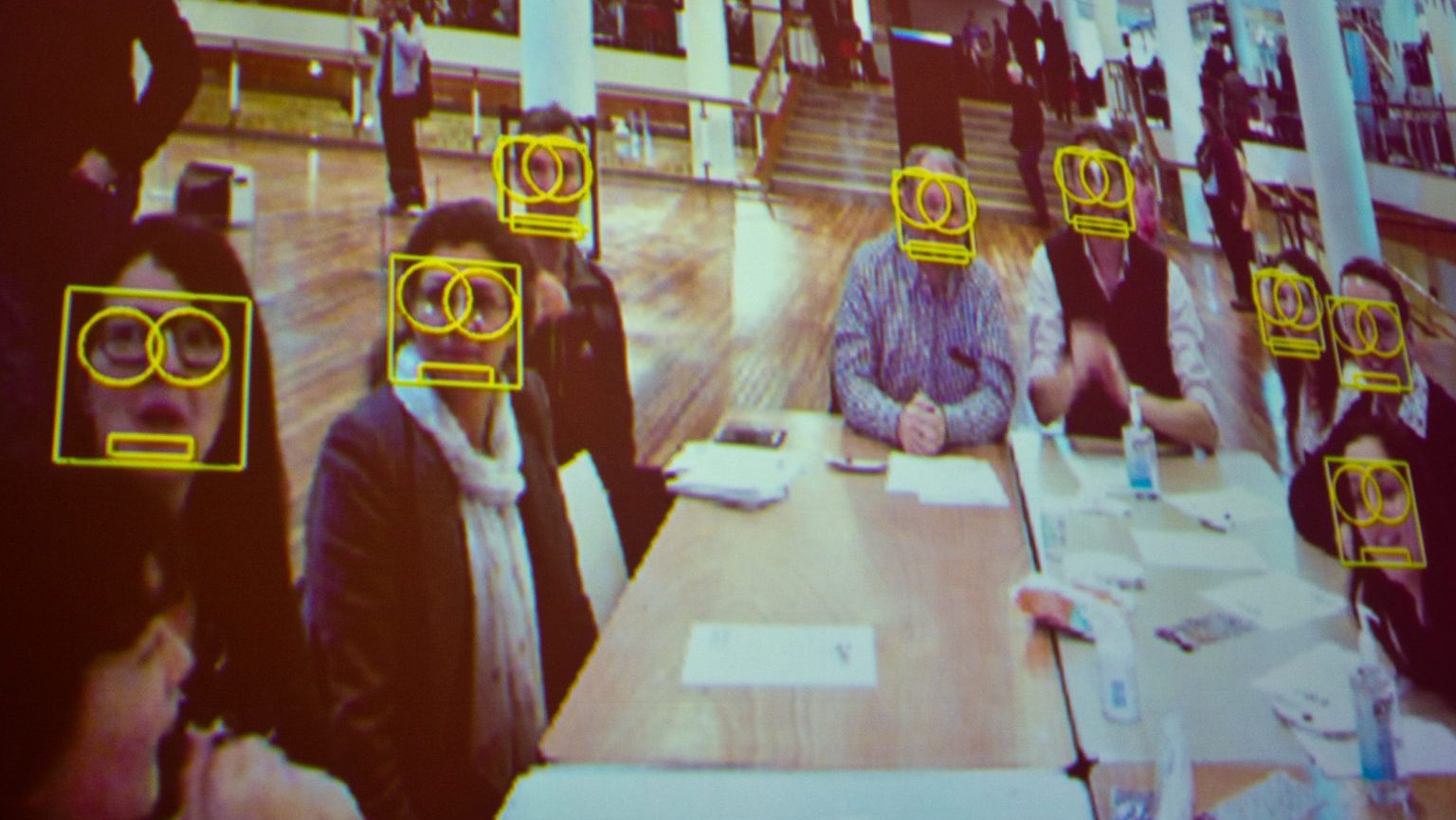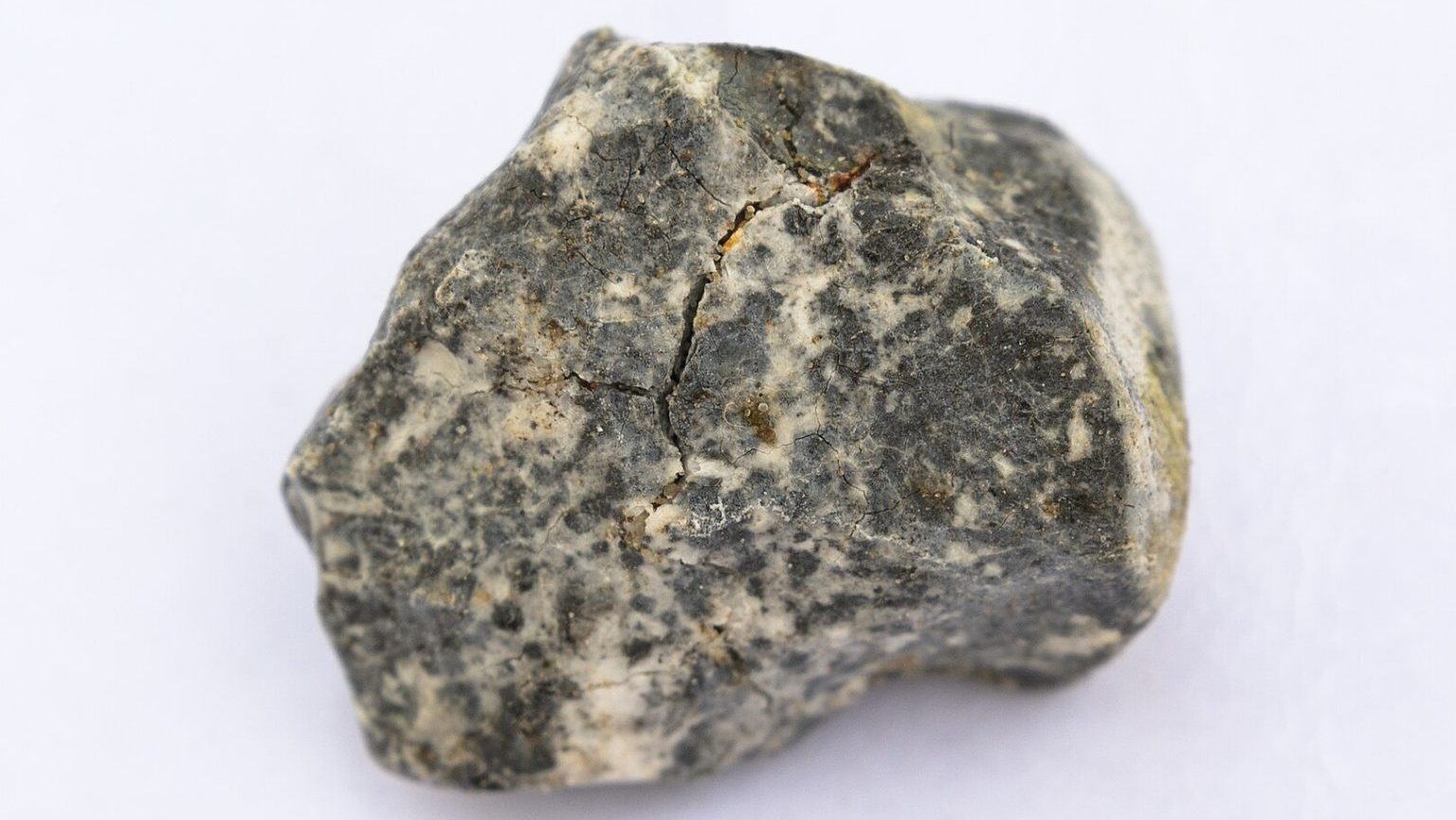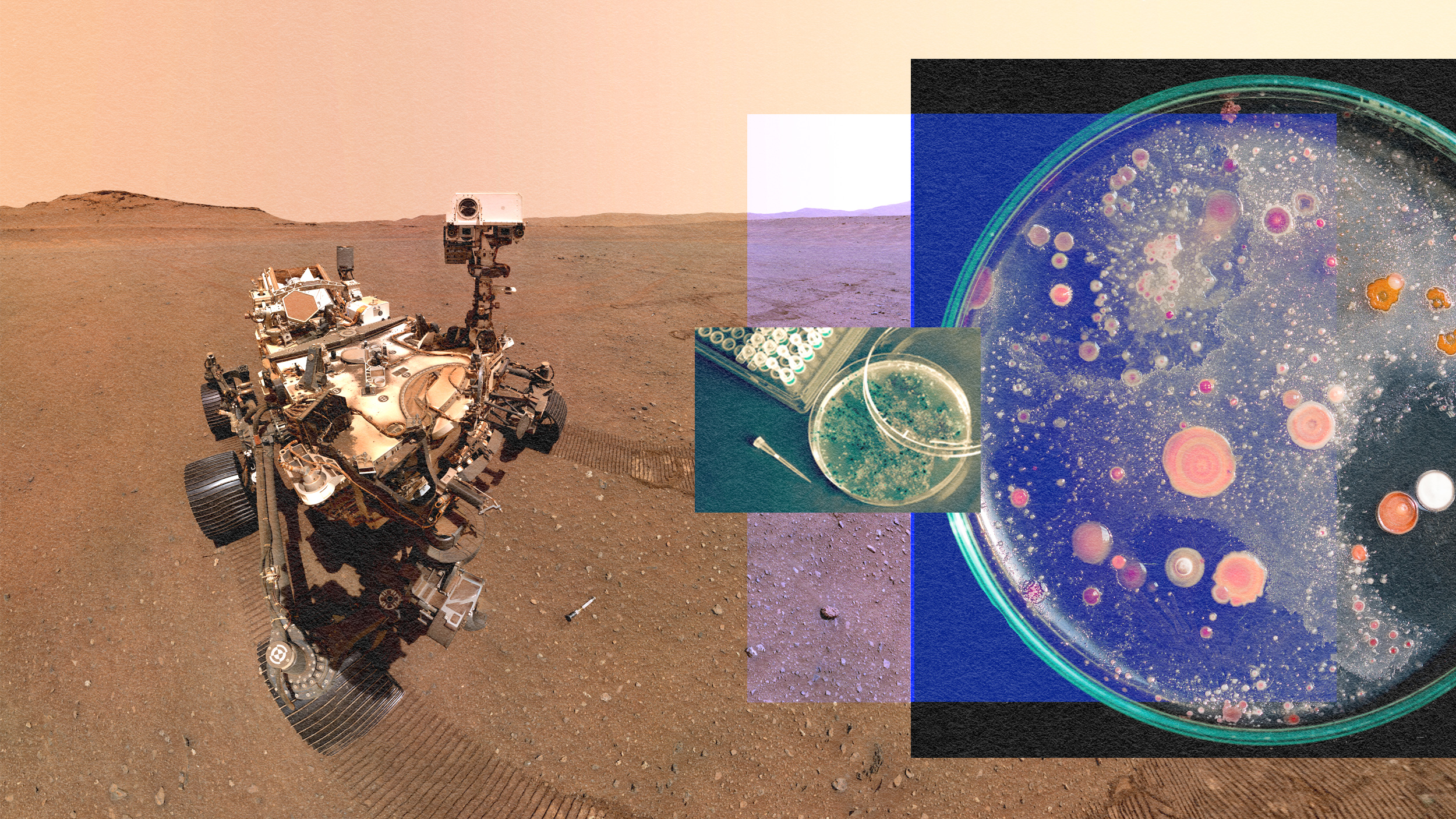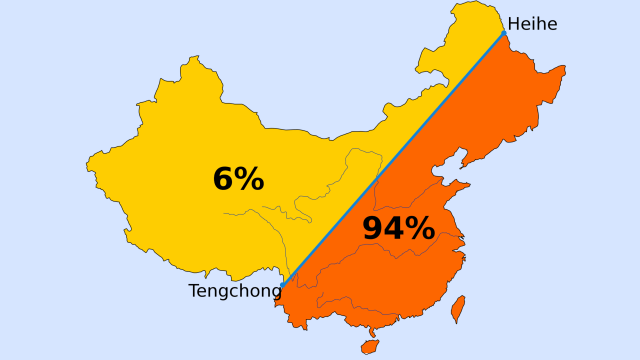Eight women at the forefront of the world’s COVID-19 response
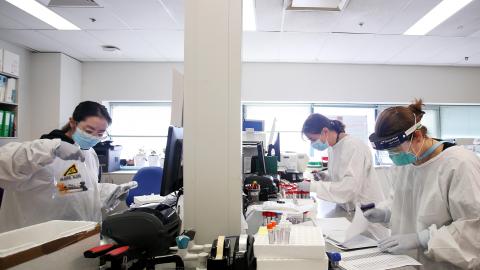
Lisa Maree Williams/Getty Images
- The gender gap persists, as only 33% of the world’s researchers are women.
- Here are just some of the women making lasting contributions in the fight against COVID-19.
- They include Dr Özlem Türeci, co-founder of BioNTech, which helped produce the first vaccine.
Women across the world have made an enormous contribution to the global efforts to tackle COVID-19. Not only do women make up 70% of the world’s health workers and first responders, women in STEM fields have been leading research into the virus, creating trackers and developing vaccines.
But the pandemic has had a disproportionate social and economic impact on women, as many have borne the brunt of childcare duties or lost jobs in sectors most affected – and this includes women scientists.
February 11th is UN International Day of Women and Girls in Science – and the theme this year is celebrating the women scientists at the forefront of the fight against COVID-19, including Dr Özlem Türeci, co-founder of BioNTech, which helped produce the first vaccine.
Women represent almost half the students at Bachelor’s (45%), Master’s (55%) and PhD (44%) levels of study, according to UNESCO’s forthcoming Science Report – but only 33% of the world’s researchers are women.
To encourage more girls and women to take up careers in the STEM fields, UNESCO is gathering some of the world’s leading COVID-19 experts for a virtual event.
“We need science, and science needs women. This is not only about making a commitment to equal rights; it is also about making science more open, diverse and efficient,” said Phumzile Mlambo-Ngcuka, Executive Director of UN Women, and Audrey Azoulay, Director-General of UNESCO.
Here are just some of the women in STEM around the globe who have been making a difference during the pandemic.
Dr Özlem Türeci
Dr Türeci and her husband Dr Ugur Sahin co-founded biotechnology company BioNTech in Germany in 2008. In 2020, BioNTech and pharmaceutical firm Pfizer developed the first approved RNA-based vaccine against COVID-19. They celebrated the news that it had 90% efficacy with a cup of Turkish tea, the pair told The New York Times. Recently featured on the cover of Time magazine, the scientists plan to produce two billion doses of the vaccine this year to help bring the pandemic to an end.
Dr Soumya Swaminathan
A paediatrician and one of India’s leading public health experts, known for her groundbreaking research on tuberculosis, Dr Swaminathan was appointed the World Health Organization’s (WHO) Chief Scientist in 2019 and has been coordinating international work on vaccine development. She spoke about challenges women researchers face at the Women Leaders in Global Health Conference 2020: “It is more difficult for women researchers to get their grants approved … and women also have difficulties in getting their results published, if you are from developing countries, in journals, because of perceived biases. I have faced those kinds of challenges and biases.”
Ramida Juengpaisal
Within a night in March 2020, Ramida Juengpaisal and her colleagues at web design firm 5LAB in Bangkok, Thailand, built a tracker of COVID-19 cases, giving the city’s eight million residents up-to-date news and information about the pandemic and helping to stop the spread of misinformation. She told Reuters the perception that girls are less suited to technology-based roles is gradually shifting: “We need more women in tech. One good thing about this crisis is that we have seen people – including women – come forward to create things that are useful to others, and be recognized.”
 Ramida Juengpaisal built a COVID-19 tracker for Bangkok – overnight. Image: UN Women/Stefan Abrecht/BioNTech
Ramida Juengpaisal built a COVID-19 tracker for Bangkok – overnight. Image: UN Women/Stefan Abrecht/BioNTech
Professor Sarah Gilbert
Prof Gilbert is the Oxford Project Lead for the Oxford/AstraZeneca vaccine, now recommended for use by all adults worldwide by the WHO. When the genetic sequence for the new coronavirus was published in January last year, she swiftly built on her work developing a vaccine for MERS, which used chimp adenovirus to deliver the spike protein into humans. Prof Gilbert is currently working on a new version of the vaccine to tackle the South African variant.
Somaya Faruqi
Faruqi and her all-female robotics team began developing a low-cost, lightweight ventilator using locally available, second-hand car parts, after the first COVID-19 case was reported in her home province of Herat in Afghanistan. She told UN Women: “Sometimes, families think science and tech are male fields and prefer that their girls don’t enter them. We have less role models for young women in these fields, and that makes it more challenging for young women to enter this industry.”
Neema Kaseje
Kaseje is the Founder of Surgical Systems Research Group in Kenya, which seeks to rapidly expand access to health services by leveraging youth, technology and community health workers. Since May 2020, the group has helped to flatten the curve of COVID-19 cases in Siaya County, by combining digital tools and data science with the work of young people and community health workers to raise awareness about preventative measures.
Professor Devi Sridhar
American public health researcher Prof Sridhar is a leading authority on COVID-19 in the UK and Professor and Chair of Global Public Health at Edinburgh University. She is known for her work on assessing the international response to the Ebola virus epidemic in West Africa. Among her frequent media appearances, she spoke to the World Economic Forum’s World Vs Virus podcast about why ethnic minorities in Europe and North America were at greater risk from COVID-19.
Dr Anggia Prasetyoputri
Dr Prasetyoputri was awarded the 2020 L’Oréal-UNESCO National Fellowship For Women in Science (FWIS) by L’Oréal Indonesia for her research on bacterial coinfections in COVID-19 patients using swab sample sequencing. COVID-19 patients whose immune systems are already weakened by the virus, are more susceptible to other viruses and bacteria. So Dr Prasetyoputri worked out a quick and simple way to identify these coinfections – and help doctors prescribe the right treatment.
Reprinted with permission of the World Economic Forum. Read the original article.

